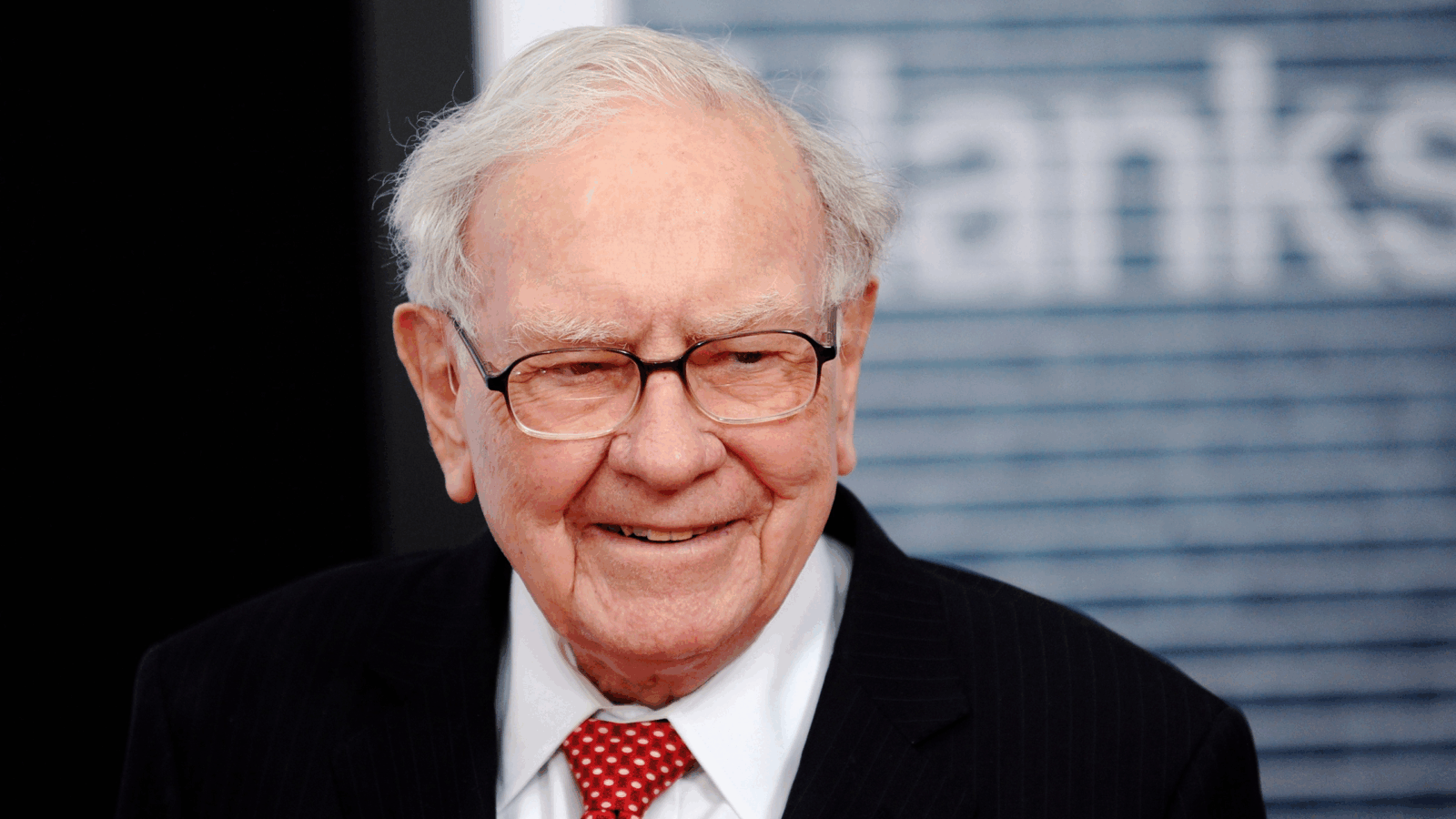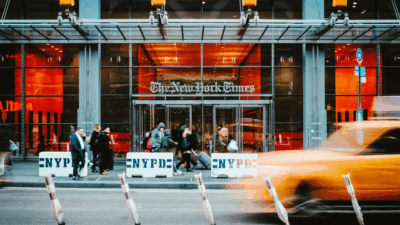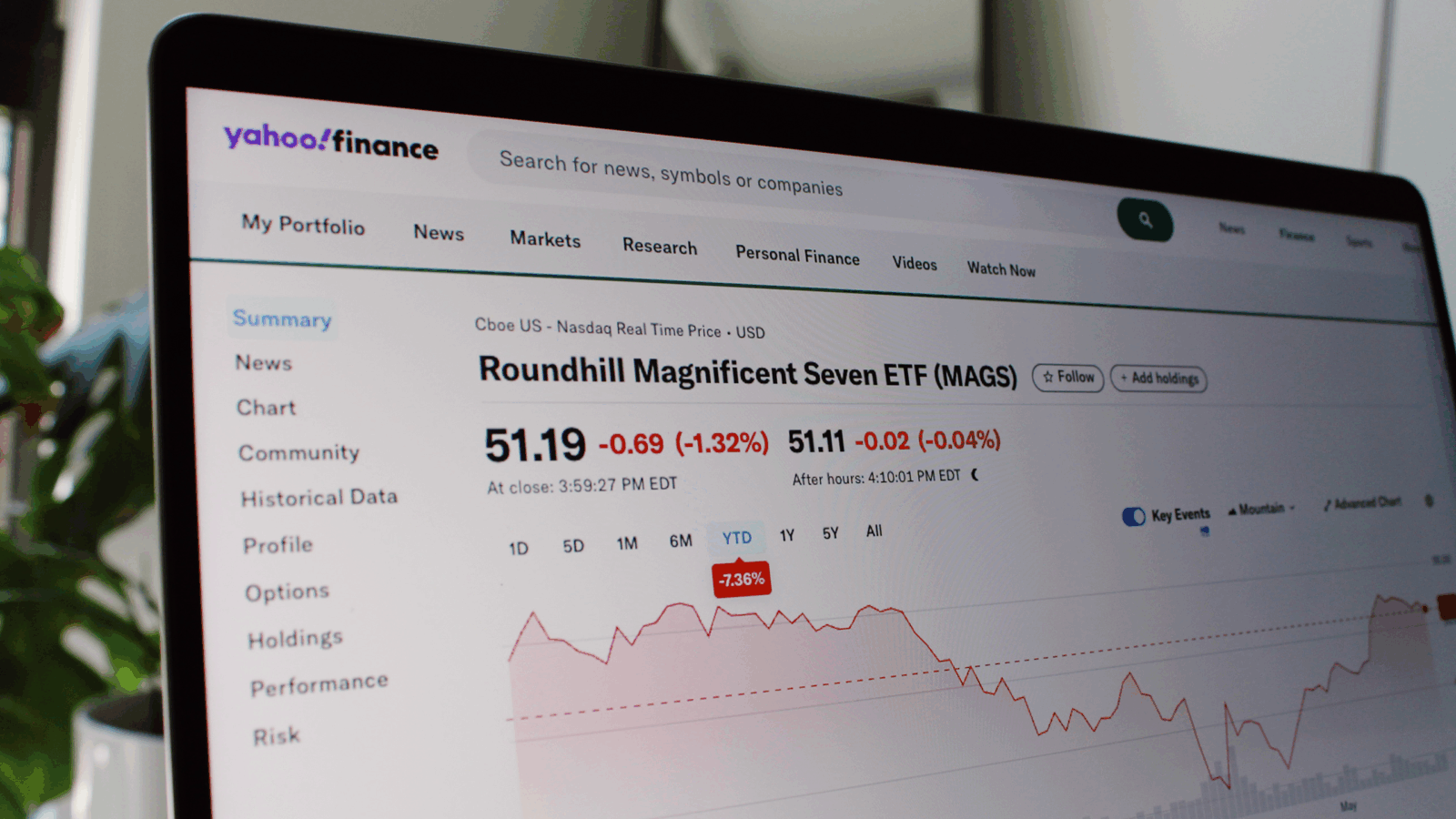Most Pandemic-Darling Stocks Aren’t Too Healthy
The 50 companies with the biggest pandemic-era gains have collectively lost $1.5 trillion in market value since the close of 2020.

Sign up for smart news, insights, and analysis on the biggest financial stories of the day.
When the world was turned upside down by COVID-19, some companies suddenly found a new lease on life as we pivoted to at-home work, fitness, and everything else. Many of those companies, however, have since experienced a profound fall from grace. The Financial Times reported in May that the 50 companies with the biggest pandemic-era gains have collectively lost $1.5 trillion in market value since the close of 2020.
So where are some of those companies now, and how are they doing?
You’re Muted
Zoom is still chugging along, although its share price has fallen nearly 90% since October 2020. Ironically, it even enforced a hybrid work week, ordering staff back to the office for a minimum of two days per week. Zoom has outlived Houseparty, the social video call app that flourished during lockdowns but was shuttered in 2021.
Then there’s Peloton, which once hit a valuation of $46 billion but is closer to the $1.5 billion mark. The company has slashed costs and partnered with Amazon and hotel chains to find a new market niche for its exercise equipment, but the prognosis still isn’t good. Recent reports suggest that it might get snapped up by a private equity firm.
The picture is more mixed for the companies that delivered to us while we were all locked down:
- As restaurants closed, DoorDash rose to prominence, commanding 67% of monthly meal delivery sales according to Bloomberg Second Measure. While it’s yet to deliver a profit, some analysts are holding out hope for 2024. Its stock is down about 52% since peaking in late 2021 but has been on the upswing for the past seven months.
- While DoorDash brought us our takeout, Amazon brought practically everything else. The e-commerce giant doubled its warehouse footprint during the pandemic to accommodate the tidal wave in demand. Once we re-emerged into the sunlight, the company realized in 2022 it had too much space and too many workers. Amazon’s share price also suffered as part of a broad selloff in tech stocks in 2022, but it’s up 19% in 2024.
Remember me? Does Clubhouse still ring a bell? In 2021, it was the hottest new audio-based chat room app in town, so hot that people were clamoring to get an invite. Unfortunately for Clubhouse, Twitter launched a clone in November 2020 called “Spaces,” eating into Clubhouse’s reputation as a place to go for big public discussions between important people. So Clubhouse did what troubled tech companies always do — it pivoted. Clubhouse said last fall it was shifting toward traditional social media, i.e. just a place for you and your friends, rather than the entire world. We’ll see if the entire world needs another WhatsApp wannabe.











